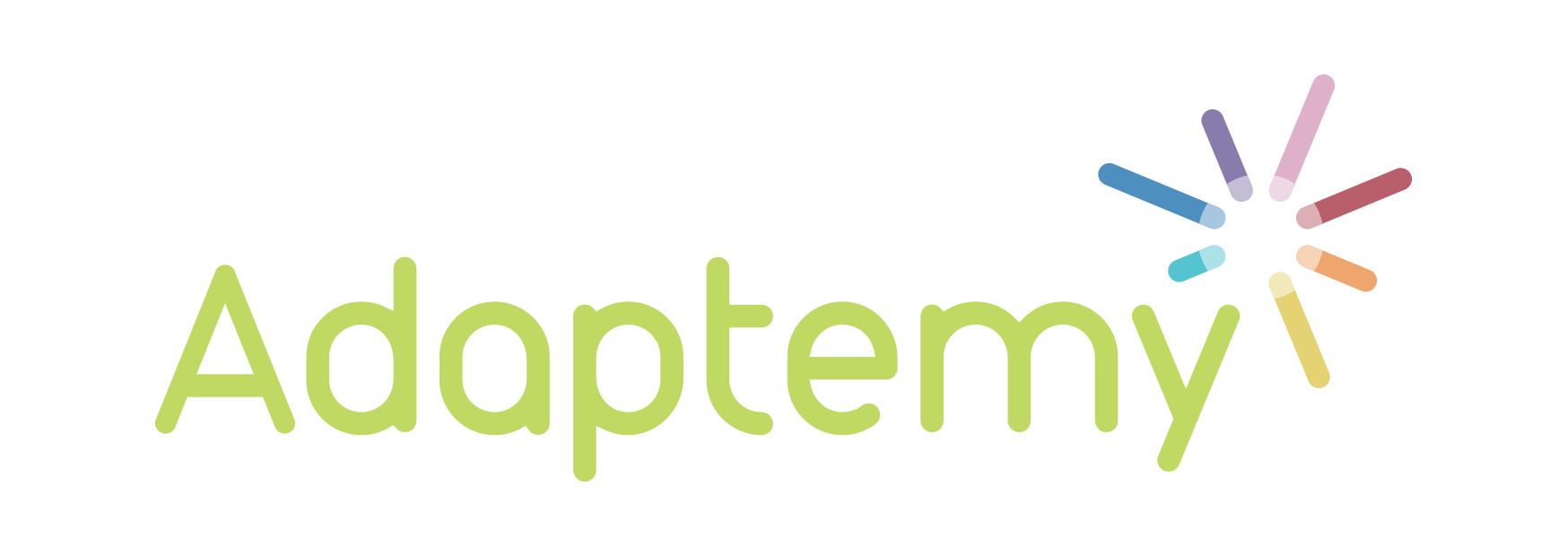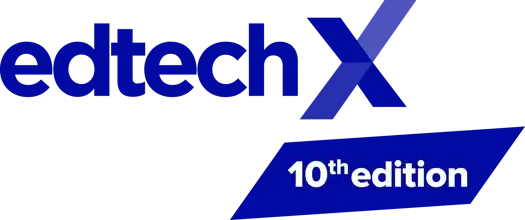From our recent conversations with a wide range of teachers, it is clear that many educators are currently involved in the interviewing process either as a candidate or as an interviewer.
Interestingly, five questions have been identified again and again as being difficult for teachers to answer appropriately and uniquely. This post represents a consolidation of my research into a range of sources and aims to allow all educators to provide and recognise answers that display the full extent of the candidate’s skill, knowledge, and enthusiasm.
1. How would you teach a mixed-ability class?
As mentioned in my introduction to Build Up, our new adaptive learning solution for Junior Cert and Transition Year maths students, classes that include both higher- and ordinary-level students are as common as they are challenging. Some of these challenges are outlined below:
A good answer to this question must acknowledge these challenges while simultaneously providing potential solutions. Differentiation, or changing tasks, support, and outcomes in order to fit the needs of each student, is a popular choice, but many teachers find that this process is difficult to complete within a limited period of time.
Adaptive learning tools for the classroom make this situation infinitely more manageable. Solutions such as Folens’ Build Up use real-time and long-term data about individuals to provide each student with a personalised learning experience.
Candidates who recognise that such solutions eliminate the need for teachers to differentiate will demonstrate an impressive awareness of the increasing importance of technology in education and illustrate that their methods for teaching a mixed-ability class are both realistic and dynamic.
2. How do you teach your subject?
This is a broad question that could cause difficulty for unprepared candidates. While answers will inevitably vary as a result of individual differences and past experience, some elements should be included in the responses of all educators.
When explaining their methods, teachers should avoid the inclusion of unnecessary information and focus instead on illustrating how and why they are effective. Giving examples of subject-specific difficulties that have been overcome is important in achieving this goal, as is emphasising flexibility and enthusiasm.
It is also critical to examine how you communicate with and relate to students, thereby demonstrating an understanding that making your subject interesting and engaging is often more important than pedagogical theory.
Additionally, responses that include a description of how technology is used in the classroom will stand out and convey an impressive degree of creativity and awareness of the future of education.
3. What Continuous Professional Development would you consider undertaking?
Continuous Professional Development (CPD) was defined in this post as a documented and self-directed process that focuses on learning from experience, reflective learning, and review, facilitates the setting of development goals, and includes both formal and informal learning.
CPD is a learning journey rather than a goal, and becoming a digital teacher is an excellent response to this question. Teachers who recognise that EdTech is an important and exciting aspect of the future of education will stand out.
Equally important are descriptions of how the learning journey can be advanced through formal training and informal learning from others. Good teachers prioritise learning, including their own, and as such CPD is invaluable.
4. How can you contribute towards pastoral care?
Although answers to this question will be highly individual, several points should be considered by all teachers.
Acknowledging that teachers have a responsibility to maintain each student’s security and sense of value in order to facilitate learning is vital, as is exhibiting an awareness of the availability of further support where the teacher’s ability to help is limited.
Many schools have pastoral care policies, with which candidates should familiarise themselves in advance. Teachers can ask their interviewers to outline the school’s pastoral care policy where it is not available beforehand. Candidates should draw on personal experiences to illustrate how they can follow this policy in a unique and effective manner while emphasising appropriate behaviour and the importance of catering to individual needs.
5. What is your opinion on homework?
This question remains extremely contentious among educators, but candidates who give their honest opinions accompanied by strong supporting evidence will provide impressive answers.
Teachers who support homework often argue that it allows them to cover the relevant material, encourages independence among students, and develops important nonacademic skills such as time management, perseverance, and responsibility. In contrast, others implicate homework in placing high levels of pressure on children while reducing their interest in and curiosity about the material. It may be the case that homework is helpful only when it is meaningful, interesting, and relevant, and each of these views should be considered before a decision is made.
Particularly interesting responses to this question will incorporate the potential of adaptive learning technologies to personalise homework to meet the needs of each student, which will undoubtedly change the way in which homework is viewed.
The above questions, although challenging, provide educators with opportunities to demonstrate skill, knowledge, and enthusiasm and illustrate the utility of new technology in solving old problems. Good luck to all candidates and interviewers – don’t forget to share your thoughts by tweeting us @adaptemy!





